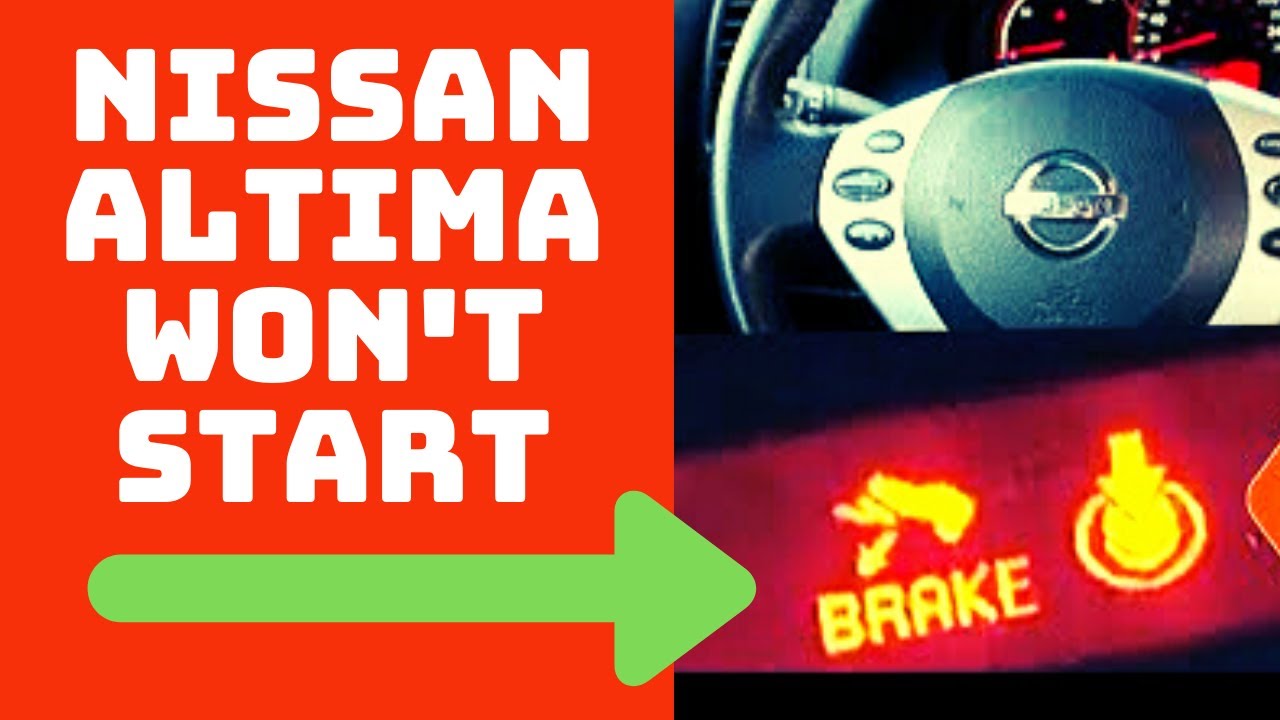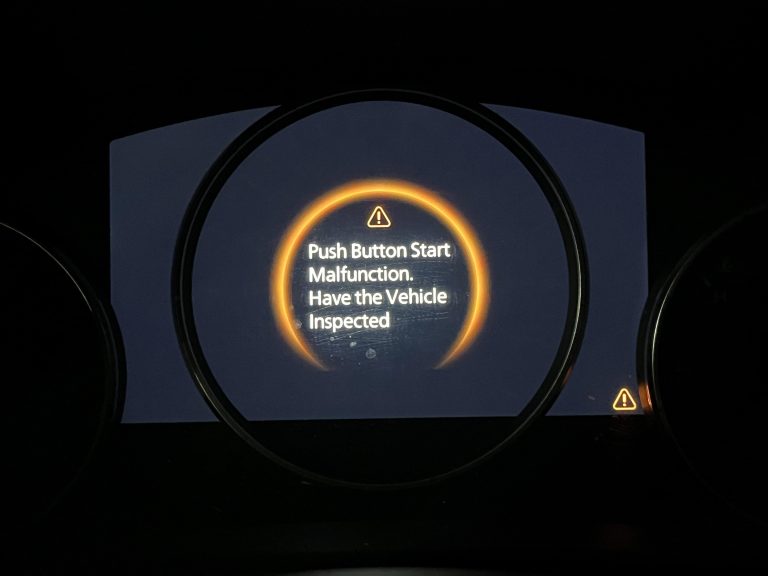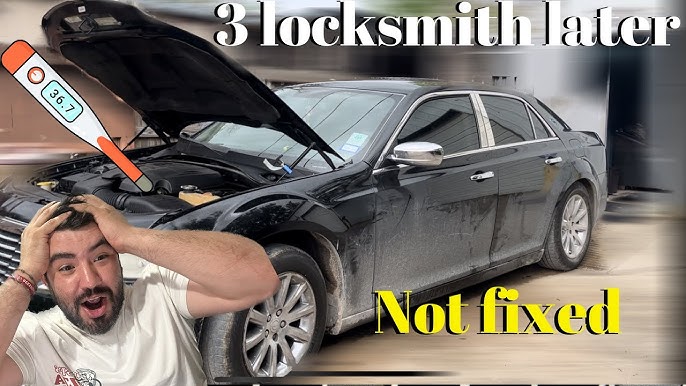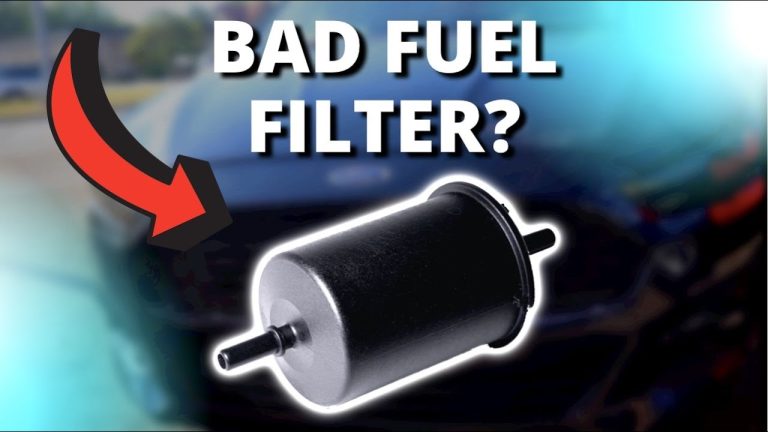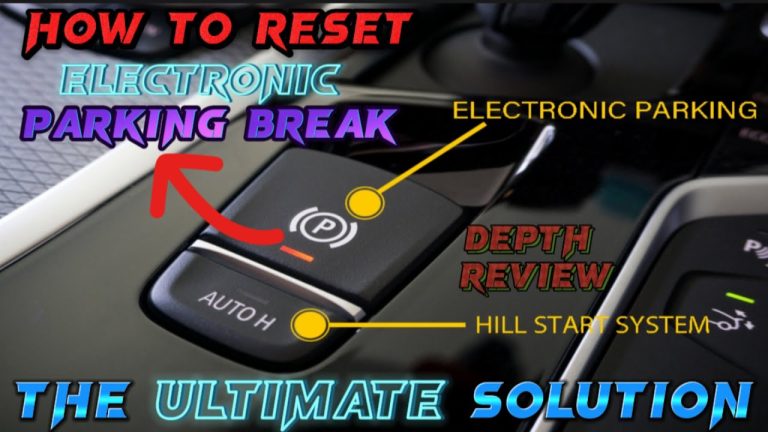Why My Nissan Altima Won’t Start But Has Power: Troubleshoot Guide
If your Nissan Altima won’t start but has power, the issue may be a faulty starter, bad ignition switch, failed brake switch, or a key fob problem. Additionally, a malfunctioning neutral safety switch or a blown fuse could prevent engine cranking despite the electrical system working.
Nothing happens. Frustration sets in as your car stubbornly refuses to start, even though the lights, radio, and other electrical components are working perfectly. Sound familiar? You’re not alone. This baffling scenario is more common than you might think, and it leaves many drivers scratching their heads.
Why does your Nissan Altima have power but still won’t start? You’re about to discover the reasons behind this mysterious car behavior and learn how to get back on the road quickly and safely. Stick around, because the solutions might be simpler than you imagine.

Credit: www.reddit.com
Read more: Depress Brake Pedal to Start Engine Mazda: Quick Guide
Why My Nissan Altima Won’t Start But Has Power
Common Causes Of Starting Issues
Experiencing starting issues with your Nissan Altima can be frustrating. Even more so when the car has power, but still won’t start. Understanding common causes helps in diagnosing the problem. Let’s explore what might be going wrong.
1. Battery Issues
A weak or damaged battery can cause starting problems. Even if lights and radio work, the battery might not have enough power to start the engine. Check for corrosion on the terminals.
2. Faulty Starter Motor
The starter motor turns the engine over. If it fails, your car won’t start. Listen for a clicking sound when turning the key. This could indicate a faulty starter motor.
3. Ignition Switch Problems
The ignition switch sends power to the starter motor. A worn or faulty switch can prevent the engine from starting. Try jiggling the key in the ignition to see if it helps.
4. Fuel System Issues
If the engine doesn’t receive fuel, it won’t start. Check if the fuel pump is working. A clogged fuel filter can also prevent fuel from reaching the engine.
5. Faulty Spark Plugs
Spark plugs ignite the fuel-air mixture. Worn or damaged plugs can cause misfires and prevent starting. Inspect the plugs for wear and replace if needed.
6. Security System Malfunction
Your Altima’s security system might prevent the engine from starting. If the anti-theft light is flashing, consult your manual for reset instructions.
Understanding these common causes can guide you in troubleshooting. This knowledge can help you find a solution faster.
Battery And Electrical System
Your Nissan Altima has power but won’t start, and this can be frustrating. Often, the culprit lies within the battery and electrical system. Understanding these components can save you time and money, and perhaps even a trip to the mechanic.
Battery Health Check
The battery is the heart of your car’s electrical system. If your Altima has power but won’t start, checking the battery is a good first step. Is your battery old? A battery typically lasts 3-5 years. If it’s older, it might not hold a charge effectively.
Have you noticed dim headlights or a slow engine crank? These are signs of a weak battery. Consider using a multimeter to test the voltage. Ideally, it should read around 12.6 volts. A lower reading means it might be time for a replacement.
Loose Or Corroded Connections
Even a healthy battery can fail if connections are loose or corroded. Have you checked the battery terminals? They should be tight and free of corrosion. You can clean corroded terminals with a mixture of baking soda and water. This simple step can make a significant difference.
Alternator Functionality
Your alternator charges the battery while driving. If your battery is new but keeps dying, the alternator might be faulty. Does your battery light stay on after starting the car? This could indicate an alternator issue.
A failing alternator won’t supply enough power to the battery. Testing the alternator output with a multimeter can confirm this. If it’s below 13.5 volts, it might need repair or replacement.
Starter Motor Issues
Is there a click sound when you turn the key? This often points to a starter motor problem. The starter motor is responsible for initiating the engine’s operation. If it fails, your car won’t start despite having power.
Think about your driving habits. Frequent short trips can wear out the starter motor faster due to repeated use. If you suspect starter issues, consulting a mechanic might be necessary.
Read more: Lexus Is250 Won’t Start But Has Power: Troubleshoot Tips
Fuses And Relays
Have you checked your car’s fuse box? Sometimes, a blown fuse can interrupt the electrical system. Inspect the fuses related to the ignition and starter. Replacing a blown fuse is inexpensive and straightforward.
Relays, too, can malfunction. They act as switches for various electrical components. If a relay is faulty, it can prevent your car from starting. Swapping it with another relay of the same type can be a quick fix.
Understanding your Altima’s battery and electrical system can be empowering. It equips you to tackle simple issues or have informed discussions with your mechanic. Next time your car has power but won’t start, you’ll know exactly where to look.
Starter Motor Problems
Experiencing starting issues with your Nissan Altima despite having power can point to starter motor problems. A faulty starter motor might fail to engage, causing the engine not to start. Identifying unusual sounds or lack of engine cranking can help diagnose the issue quickly.
When your Nissan Altima refuses to start despite having power, the starter motor might be the culprit. This vital component is responsible for turning the engine over, so when it falters, your car won’t start. Understanding the signs of starter motor issues can save you time and frustration.
Understanding The Role Of The Starter Motor
The starter motor is like the ignition switch for your engine. It kicks the engine into motion, setting off the combustion process. If it fails, your engine won’t crank, leaving you stranded.
Common Signs Of A Faulty Starter Motor
You might hear a clicking noise when you turn the key. This often means the starter motor is struggling to engage. Another sign could be a complete silence, indicating it’s not functioning at all.
Diagnosing The Problem
First, check if the battery is fully charged. A weak battery can mimic starter issues. If the battery is fine, the problem likely lies with the starter motor itself.
What To Do If The Starter Motor Fails
Consider having a professional inspect the starter motor. They can determine if it needs repair or replacement. A faulty starter motor can sometimes be fixed with simple repairs, saving you from purchasing a new one.
Preventative Measures For Starter Motor Health
Regular maintenance can extend the life of your starter motor. Ensure connections are clean and tight. Check for wear and tear periodically to avoid unexpected failures. Have you ever faced starter motor issues with your Altima? Sometimes, a quick tap on the starter can temporarily solve the problem, but don’t rely on this trick regularly. It’s always best to address the issue head-on to ensure your Altima starts smoothly every time.

Credit: www.whipflip.com
Ignition Switch Malfunctions
Experiencing a Nissan Altima that won’t start despite having power can often indicate ignition switch malfunctions. This issue interrupts the electrical flow to the engine, preventing the vehicle from starting. Addressing the ignition switch problem is essential to restore normal function.
When your Nissan Altima won’t start despite having power, it can be a perplexing and frustrating situation. One of the common culprits behind this issue can be ignition switch malfunctions. The ignition switch is a crucial component, as it provides the power necessary to start your engine. If it’s not functioning properly, your car might not respond even though it has power. Understanding how the ignition switch works and what can go wrong will help you troubleshoot effectively and get back on the road.
How Does The Ignition Switch Work?
The ignition switch is like the key to your car’s nervous system. When you turn the key or press the start button, the ignition switch sends power to the starter motor and other electrical systems. If it’s malfunctioning, your car may fail to start even though you have lights and other electrical functions.
Signs Of A Faulty Ignition Switch
A common indicator of a faulty ignition switch is if your dashboard lights flicker when trying to start the car. You might also hear unusual sounds, like clicking noises, which suggest that the ignition switch is not engaging the starter motor. Have you ever noticed that sometimes your car starts on the second or third try? This inconsistency can also point to ignition switch problems.
What Causes Ignition Switch Malfunctions?
Over time, ignition switches can wear out due to frequent use. Dust and debris can accumulate inside, leading to poor electrical contact. Electrical issues, such as short circuits, can also damage the ignition switch. Have you ever noticed how jiggling the key might sometimes get the car to start? That’s a classic sign of wear and tear.
How To Troubleshoot An Ignition Switch Problem
To test the ignition switch, you can try turning the key to the “on” position and listen for a clicking sound, which indicates that power is being sent to the starter motor. You can also check if the dashboard lights come on. If you suspect the ignition switch is the issue, consult your mechanic for a proper diagnosis. Wouldn’t it be better to have an expert confirm the problem rather than guess?
Can You Fix It Yourself?
Replacing an ignition switch can be a technical task, requiring the removal of the steering column cover. If you’re handy with tools and have a good repair manual, you might attempt it. However, if you’re not comfortable with car repairs, seeking professional help is wise. Your safety and vehicle’s integrity are paramount. A malfunctioning ignition switch can be a real headache, but understanding its role in your Nissan Altima’s starting system can help you address the issue effectively. Don’t let a simple component leave you stranded—be proactive in getting it checked and repaired.
Fuel System Blockages
Fuel system blockages can prevent your Nissan Altima from starting, despite having power. Dirt or debris in fuel lines disrupts fuel flow, affecting engine performance. Regular checks and cleanings can help maintain smooth operation.
Fuel system blockages can cause your Nissan Altima not to start. Your car might have power, but fuel blockages prevent it from running. Understanding these blockages helps in resolving the issue quickly.
What Causes Fuel Blockages?
Dirt and debris can clog the fuel lines. This prevents fuel from reaching the engine. Contaminated fuel is a common cause of blockages. A faulty fuel filter can also restrict fuel flow.
Signs Of A Fuel System Blockage
Your car might crank, but not start. You may notice sputtering sounds. The engine could stall during driving. These are signs of fuel not reaching the engine.
Inspecting The Fuel Filter
A clogged fuel filter can cause starting problems. Inspect it regularly for dirt. Replace it if it looks worn out. This ensures smooth fuel flow.
Checking The Fuel Pump
A faulty fuel pump can block fuel delivery. Listen for a humming sound when turning the key. If silent, the pump might be broken. Testing it can confirm if it’s working.
Cleaning The Fuel Injectors
Dirty fuel injectors affect engine performance. Use a cleaner to unclog them. This helps in restoring proper fuel flow. Cleaning ensures the engine runs smoothly.
Using Quality Fuel
Low-quality fuel can cause blockages. Always choose reputable gas stations. This reduces the risk of contaminated fuel. It keeps your fuel system clean and efficient.

Credit: www.youtube.com
Frequently Asked Questions
Why Won’t My Nissan Altima Start?
The starter or ignition switch might be faulty. Check the connections. Consider seeking professional help if needed.
Can A Dead Battery Cause This Issue?
Yes, a dead battery can prevent starting. Ensure the battery is fully charged or replace it if necessary.
Could A Faulty Fuel Pump Be The Problem?
Yes, a bad fuel pump can stop the car from starting. Get it checked by a mechanic.
Conclusion
A Nissan Altima might not start for various reasons. Check the battery first. Connections should be tight and corrosion-free. Look at the starter and ignition switch next. These parts can fail over time. Consider fuel issues too. A clogged filter can prevent starting.
Listen for unusual sounds. They can hint at deeper problems. Regular maintenance helps prevent these issues. Keep up with checks and servicing. Trust a mechanic if you’re unsure. They can spot hidden problems. Your car’s reliability depends on timely care.
Keep it in good shape for smooth rides.

